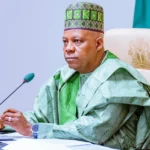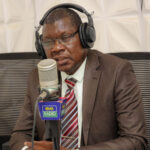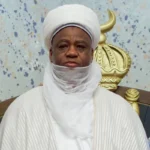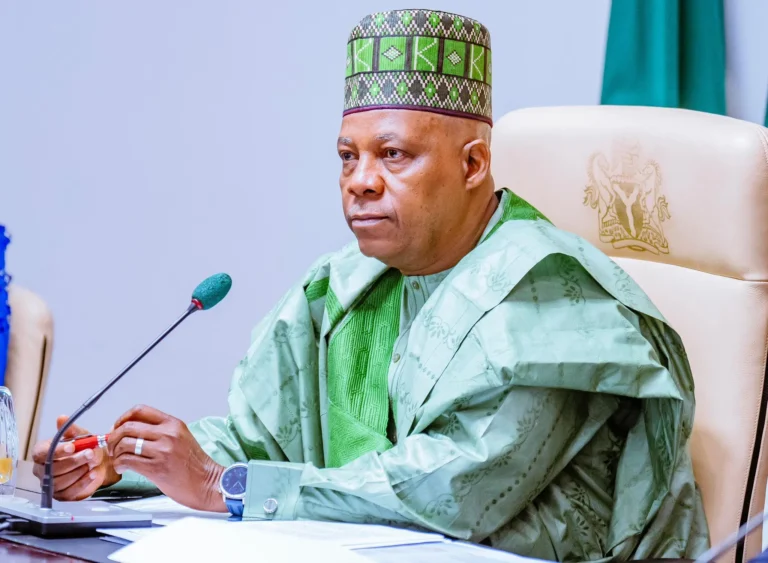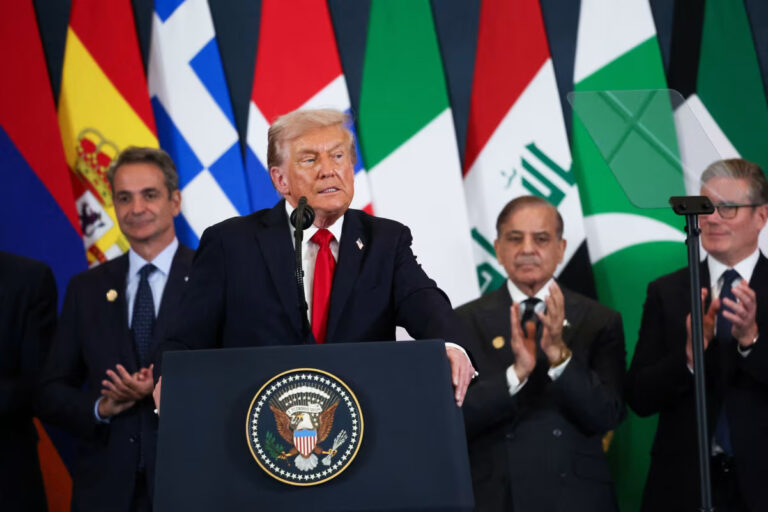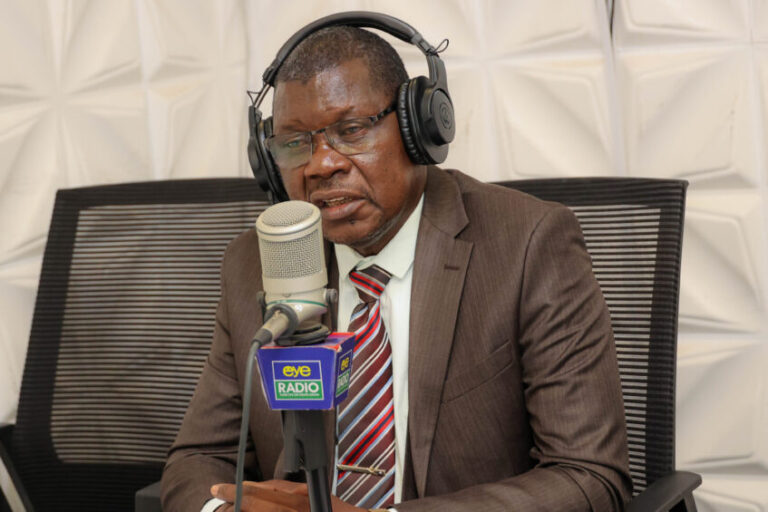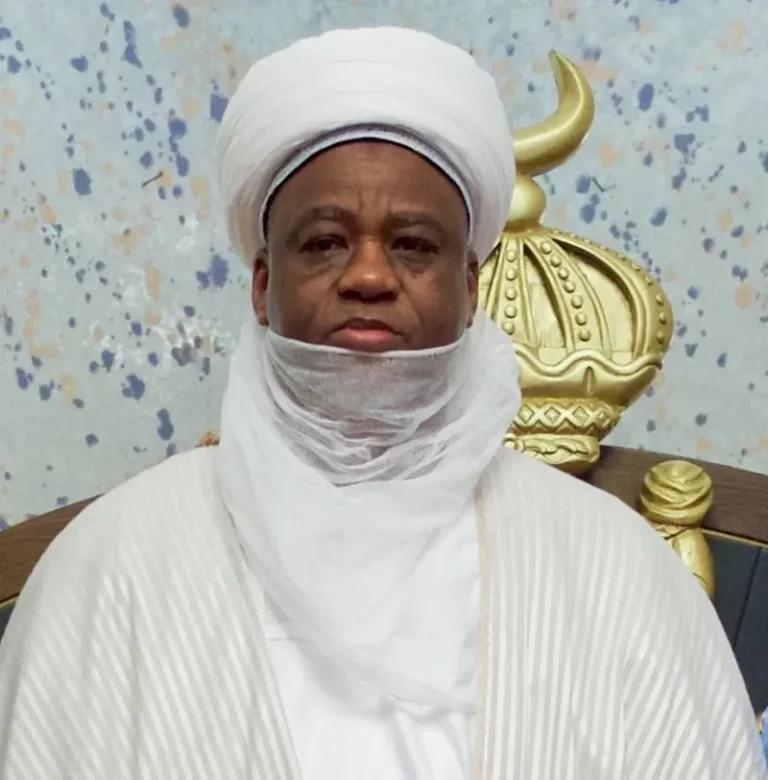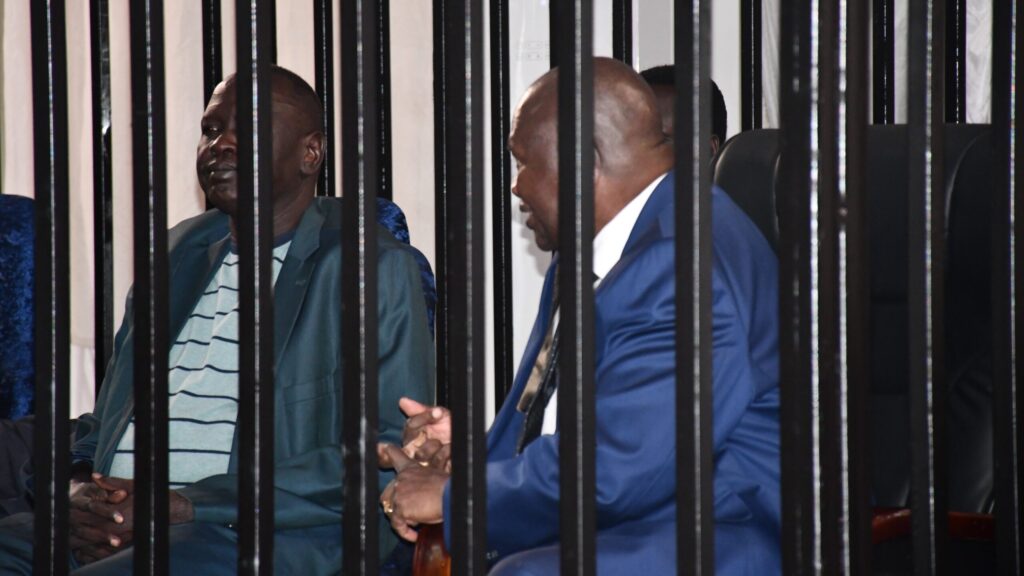
JUBA – The high-profile trial of South Sudan’s suspended First Vice President, Dr. Riek Machar, and seven senior officials of his Sudan People’s Liberation Movement-In Opposition (SPLM-IO) has entered its 12th session this week, drawing public curiosity despite strict access restrictions imposed on the proceedings.
With the 13th hearing scheduled for Wednesday, October 22, 2025, details emerging from inside the courtroom offer a picture of the allegations brought against the eight accused in connection with the March 2025 Nasir incident.
The case, presided over by Judge James Alala Deng, revolves around accusations that Machar and his allies financed, coordinated, and executed a deadly attack on the South Sudan People’s Defense Forces (SSPDF) garrison at Wech-Yar-Adiu in Nasir County of South Sudan’s Upper Nile State.
The assault, which resulted to the killing of SSPDF commander Lt. Gen. David Majur Dak and over 200 soldiers, was carried out by the White Army, allegedly under the instruction or influence of the accused.
Among those on trial, the Minister of Petroleum, Puot Kang Chol, has emerged as the central figure in the prosecution’s case. According to the lead investigator, Maj. Gen. Basilio Thomas Wani, who also serves as the Police Commissioner of Northern Bahr El Ghazal State, Chol provided financial and logistical support to the White Army by sending $30,000 in cash by air from Juba to Nasir to fund the mobilization of armed youth.
He alleged that the funds were dispatched in two tranches—an initial small sum “for rituals” and a larger one to facilitate operations against the SSPDF base.
The second accused, businessman Mam Pal Dhuor, was depicted as both a financier and a communications link between the political leadership and field commanders. Investigators alleged that Dhuor facilitated money transfers to support armed operations and shared casualty lists with militia leaders via WhatsApp.
Similarly, the third accused, Gatwech Lam Puoch, was portrayed as a political mobilizer and intelligence conduit. The prosecution claimed that during a press conference in Juba, Puoch publicly opposed SSPDF deployments to Nasir, arguing that the units were not purely national army forces but included fighters from the Agwelek and Abushok militias, which he said violated the spirit of the unification process under the peace agreement.
Lt. Gen. Gabriel Duop Lam, the fourth accused and a senior SPLA-IO commander serving as Deputy Chief of Defense Forces, was accused of sharing classified information and failing to alert SSPDF command about the looming attacks.
The investigator alleged that Duop held discussions with SPLA-IO field commanders in late 2024 about procuring machine-gun rounds, which they argued constituted material support to the planned assault.
The fifth accused, Dr. Riek Machar, was accused of authorizing local teams to mobilize armed youth and coordinate attacks on the SSPDF base, while allegedly failing to prevent the killing of stranded soldiers after the attack.
The investigator claimed that Machar communicated with the then-Nasir County Commissioner, James Gatluak Lew, and SPLA-IO commanders, persuading SSPDF officers to surrender their weapons before boarding UN helicopters for evacuation. According to the prosecution, this act allowed SPLA-IO and White Army fighters to seize the weapons and subsequently execute Gen. Dak and several SSPDF officers.
Other senior SPLM-IO members have also been implicated. Brig. Gen. Camilo Gatmai Kel, the sixth accused in the case, allegedly shared official government documents without authorization and helped facilitate the transport of unlicensed weapons linked to the Nasir offensive.
Seventh accused, Lt. Mading Yak Riek was alleged to have leaked SSPDF troop movement details to SPLA-IO commanders through WhatsApp, with investigators claiming that the messages were retrieved from his phone before being deleted.
The investigator claimed that the eighth accused, Dominic Gatgok Riek, circulated a list of SPLA-IO officers promoted after the Nasir attack as a symbolic “reward for victory.”
Throughout the proceedings, the defense, led by Dr. Geri Raimondo Legge, has repeatedly challenged the credibility and legality of the prosecution’s evidence. Dr. Legge argued that much of the digital evidence presented was obtained through unauthorized phone access, constituting a violation of privacy and due process.
He also maintained that several of the investigator’s questions were prejudicial and intended to frame the accused before the court. However, Judge Alala has overruled most of the defense’s objections, allowing the prosecution to proceed with its line of questioning.
The trial continues under tight security, with media and public access heavily restricted—a situation that has fueled concern among observers and civil society groups about transparency and fairness.
As the 13th session approaches, the spotlight remains on whether the prosecution can substantiate its claims linking Machar and his allies to the Nasir attack, or whether the defense will succeed in proving that the case is politically motivated and built on flawed evidence.


